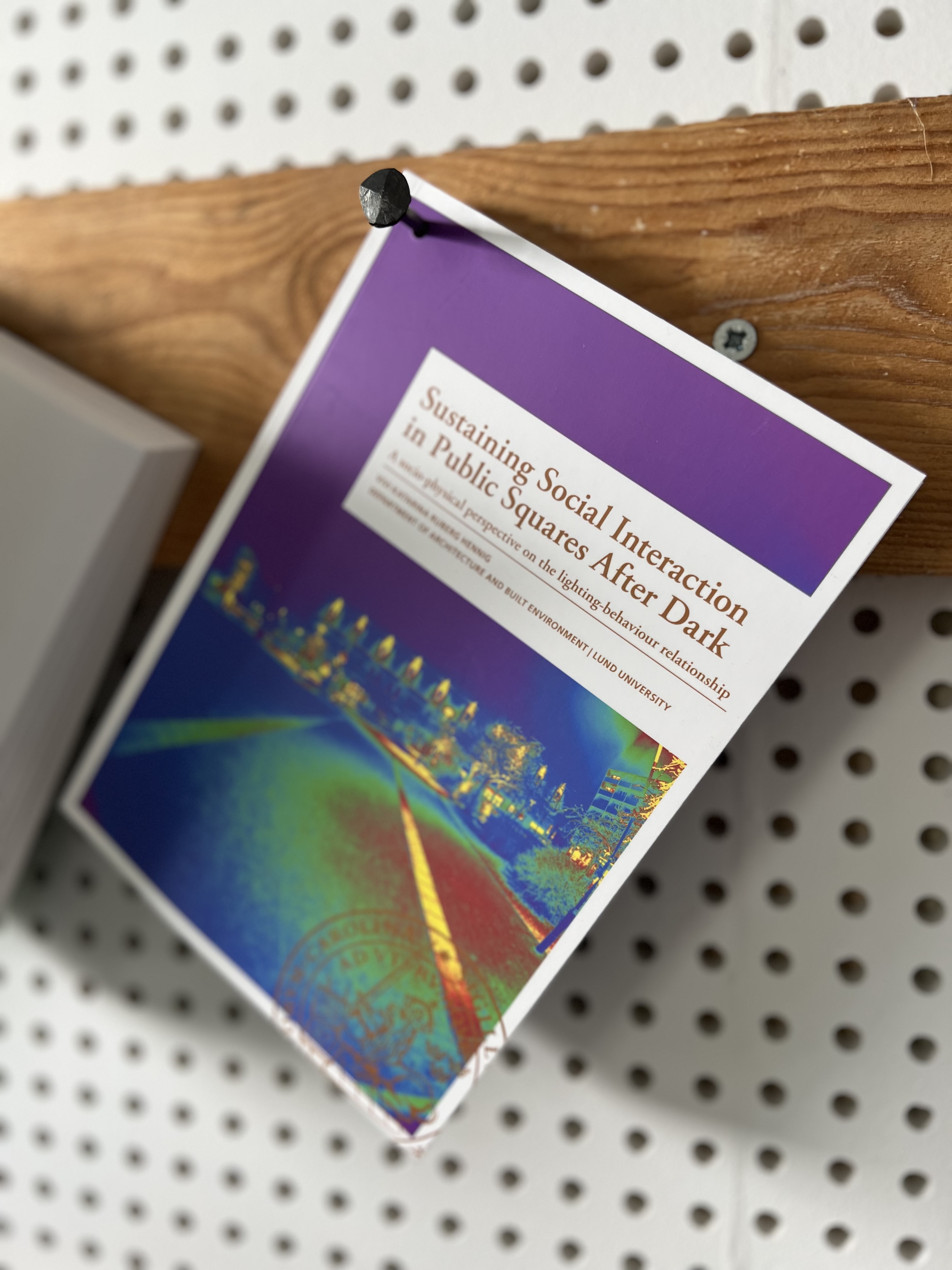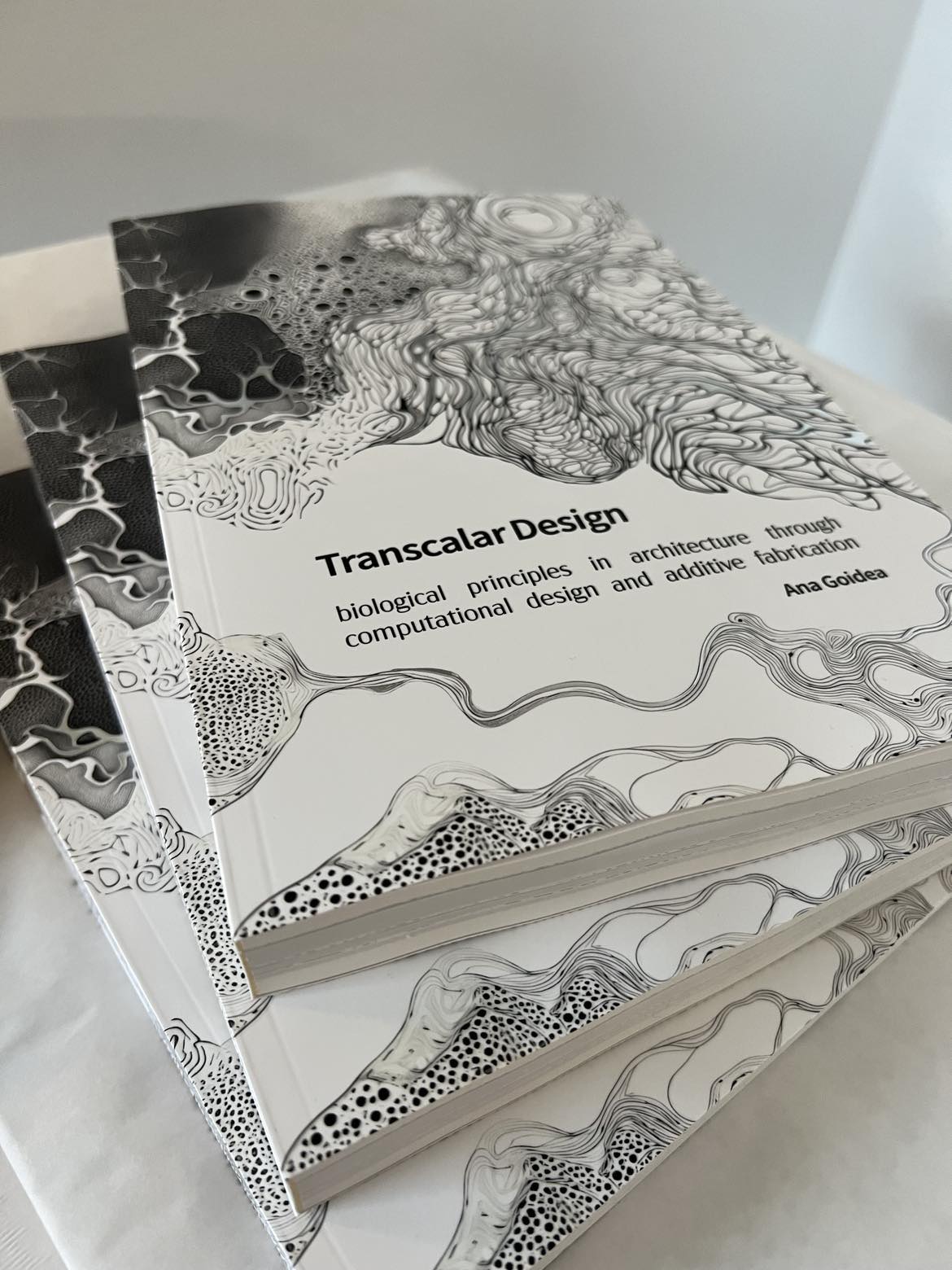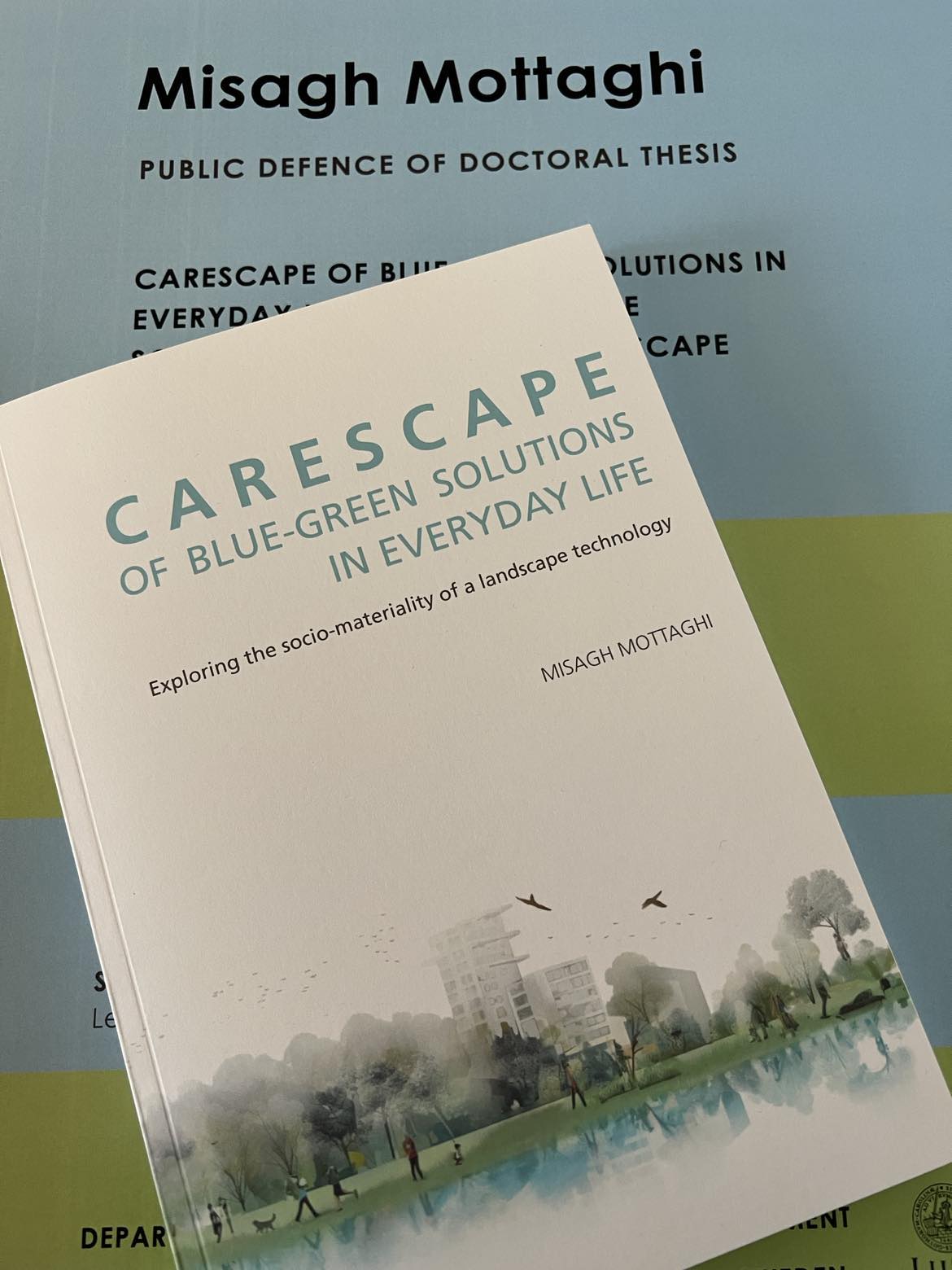
Third-cycle education
The Department of Architecture and Built Environment has four third-cycle study programmes: Architecture, Construction and Architecture, Environmental Psychology and Architecture leading to a degree of Doctor of Philosophy in Fine Arts
In the third-cycle subject Architecture, the significance of spatial planning for the relationship between humans and the built environment is examined. The subject’s areas of application are in planning the built environment, design and artistic form, as well as its origin, use and evolution over time. The subject area covers sociological, scientific, technical, humanistic, aesthetic and artistic problems, theories and methods.
The third-cycle subject Construction and Architecture covers the entire planning, construction and management process, from the initial idea to demolition and reuse. The subject’s areas of application are above all in housing development, primarily having architecture and housing development in developing countries as its field of study. The subject area covers boundary-crossing and multi-disciplinary research as well as in-depth studies within a particular area of the subject.
The third-cycle subject Environmental Psychology studies how humans experience their surroundings and are affected by them, as well as how humans affect the environment through their actions. The subject deals with both the physical and the social environment and the interaction between them. Factors such as light, colour, form, noise and climate are important, as are the existing conditions of the individual and the group, along with the overall character of both urban and natural environments. Development of methods and theories as well as environmental simulations are other important elements.
The third-cycle subject Architecture leading to a Degree of Doctor of Philosophy in Fine Arts has an overall objective to contribute to cultural and societal development through artistic reflection on people’s relation to their surrounding environment, and through the development of design practitioners’ forms of expression. This provides an opportunity for critical, creative and innovative exploration in the field of architecture. The subject contributes to the development of knowledge and experience and supports architecture as a subject, architecture as a discipline and spatially-oriented artistic design.
A third-cycle education consists of a period equivalent to four years of full-time study.
Most recent doctoral theses
Contact
Director of Third-Cycle Studies
Anna Petersson
anna.petersson@abm.lth.se
+46 46 222 85 75
Programme Administrator
Juvicsa Vela
Juvicsa.Vela@abm.lth.se
+46 46 222 76 10
We are part of Agenda 2030 Graduation School
All faculties of the university have enrolled 30 PhD students with the Agenda 2030 Graduate School. They all relate their specific research topics to the issues defined by the Sustainable Development Goals.

LTH First out in Sweden with Architecture leading to a degree of Doctor of Philosophy and Fine Arts
Article (in Swedish) at LTH Faculty of Engineering

Working with us
Employment | Doctoral student in Architecture leading to a degree of Doctor of Philosophy in Fine Arts





